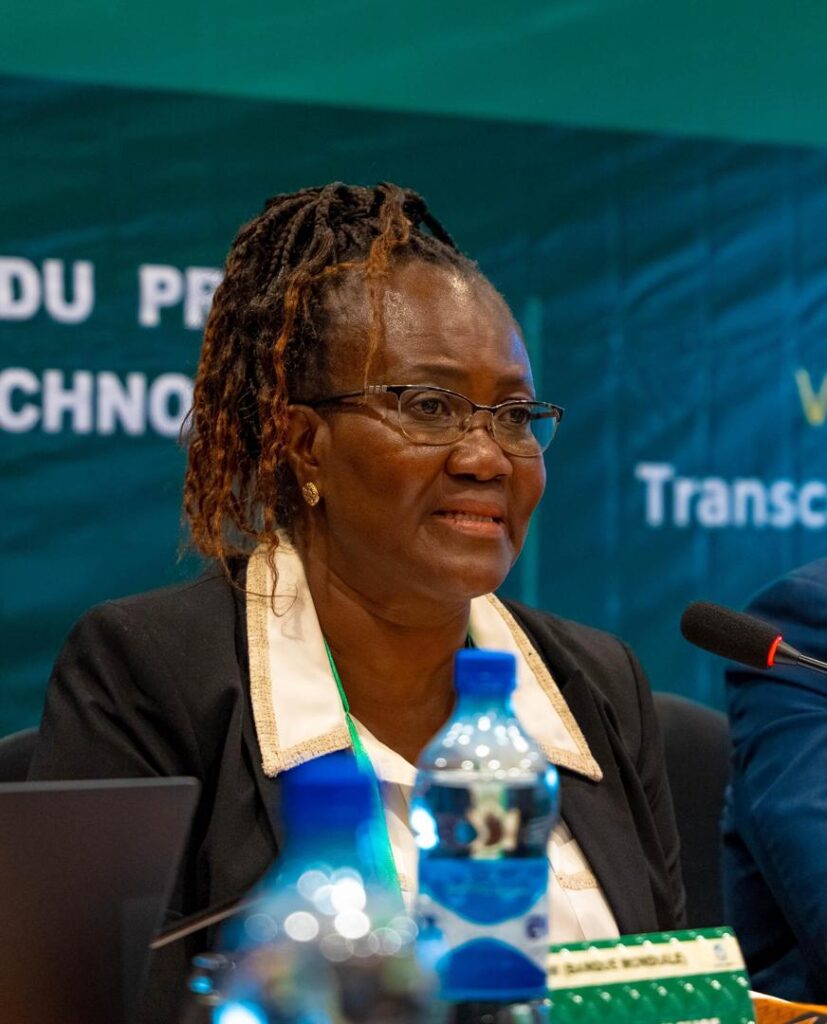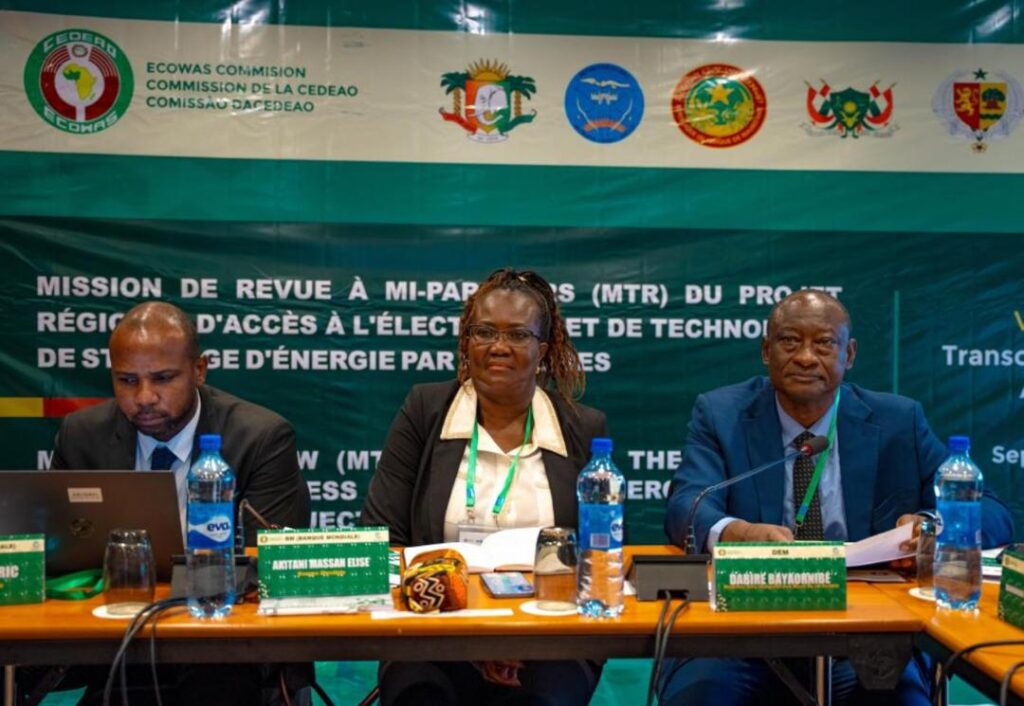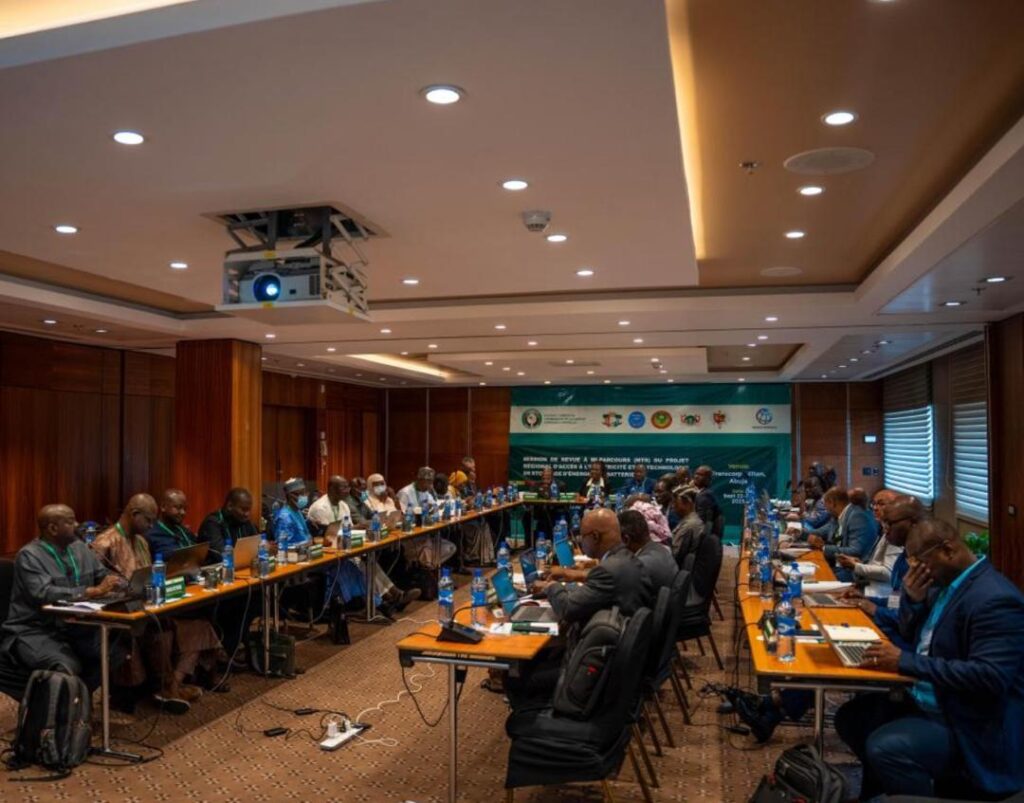Regional Electrity Access: ECOWAS, World Bank Joint $465M Project to Transform Energy Access.
By Raymond Enoch
The ECOWAS Commission, in partnership with the World Bank, has launched a pivotal four-day Mid-Year Review Mission of the Regional Electricity Access and Battery Energy Storage Technology (BEST) Project in Abuja, Nigeria. The high-level meeting, which began on 23rd September 2025, aims to assess the project’s impact so far, address challenges, and recalibrate priorities as it enters its critical implementation phase.

The BEST Project, backed entirely by a $465 million World Bank grant, is one of the region’s most ambitious energy initiatives to date. It targets five West African nations—Senegal, Mauritania, Mali, Niger, and Côte d’Ivoire—with the overarching goal of significantly expanding electricity access, bolstering grid reliability, and integrating renewable energy sources into the regional power mix.
Launched on 30 March 2022, the project aims to electrify over 2,200 localities, connect more than 235,000 households to the grid, and install 205 megawatt-hours (MWh) of battery storage to stabilize supply and enable clean energy integration across the West African Power Pool (WAPP).

Speaking at the review, ECOWAS Director of Energy and Mines, Mr. Bayaornibe Dabire, described the project as a symbol of regional cooperation and transformation. “Since its launch in 2022, the BEST Project has brought us together with rigor, enthusiasm, and consistency,” Dabire said. “We are halfway through, and this review allows us to reflect on our successes and challenges, realign our priorities, and strengthen our regional solidarity.”

Mr. Dabire praised the progress made despite implementation hurdles, pointing to Côte d’Ivoire’s near-complete battery storage deployment, Senegal’s preparatory studies for electrifying over 1,000 rural communities, and the strong momentum seen in the Sahel. Mali, for example, has signed contracts for an 80 MWh system, while Niger has committed 91% of its $95.4 million allocation to projects benefiting 742 communities. Mauritania has achieved 48% progress in its access works despite facing technical delays.
He further emphasized the need for improved technical risk management, streamlined processes, and cross-country learning, particularly drawing from Côte d’Ivoire’s experience to accelerate outcomes in other nations.
World Bank Senior Energy Specialist, Ms. Elise Akitani, underscored the strategic significance of the BEST Project, describing it as “a pioneering step” in building a resilient, interconnected, and renewable-powered energy future for West Africa. She noted that beyond expanding grid access, the project strengthens the capacity of ECOWAS regional energy bodies such as ERERA and WAPP, and lays the foundation for increased private sector participation in the energy market.
With regional and national units now focusing on fast-tracking disbursement and deployment, the mid-term review is seen as a critical checkpoint in ensuring the initiative meets its ambitious goals.
Upon completion, the BEST Project is expected to deliver far-reaching benefits, including expanded rural electrification, improved electricity access rates, stabilized power grids, and deeper integration of renewable energy into the regional power system—a game changer for millions across West Africa.








